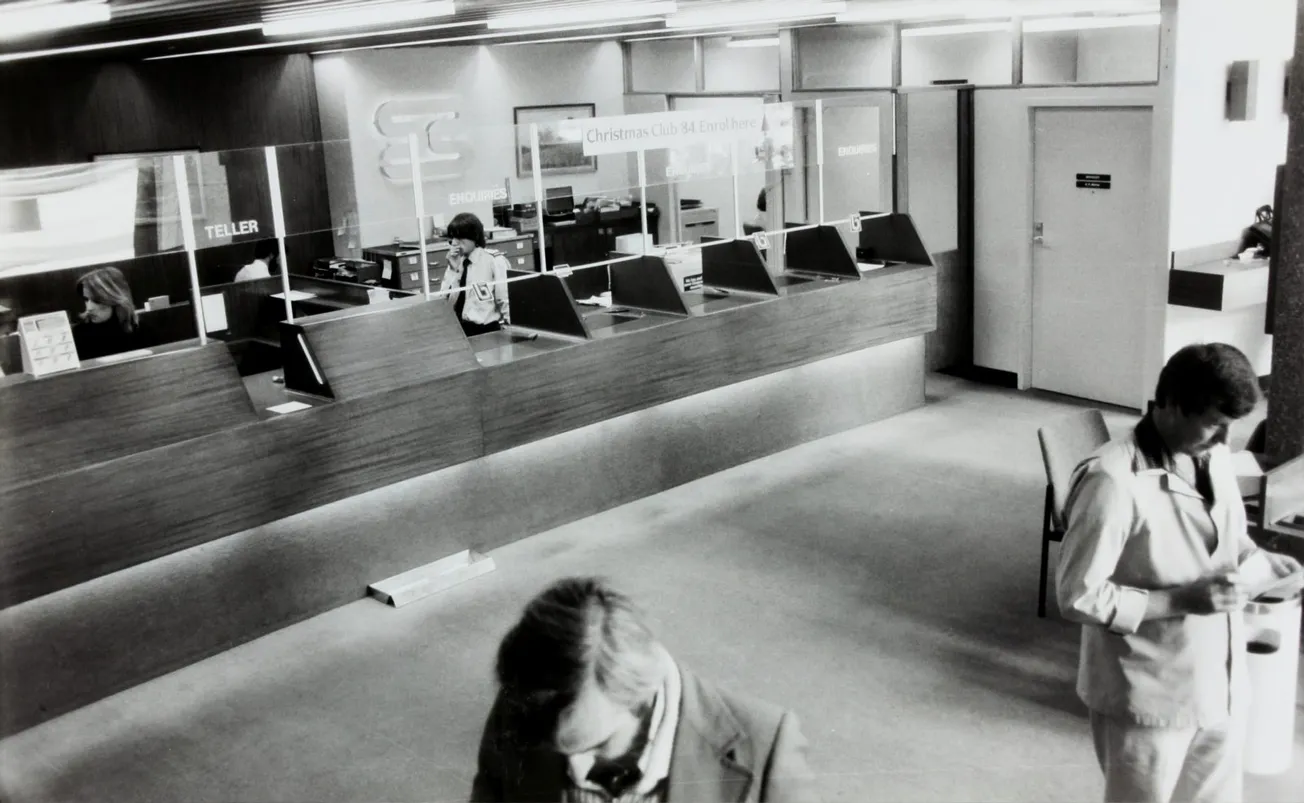Table of Contents
Alex Davis
theemperorsrobes.blogspot.com
Like me, you have probably received an email from your bank in the last week reminding you that “they are here for you.” You’ll have also likely observed that these emails are long on comfort and short on substance.
The big four Australasian banks have been among the most profitable and stable banks in the world for the last two decades and their New Zealand subsidiaries, ANZ, ASB, BNZ and Westpac are typically the most profitable units of these highly profitable banks. In 2019 the big four extracted roughly $5.71 billion in profits from their New Zealand operations.
I have nothing against business earning profits, even large ones provided that those profits are a consequence of running a highly successful business rather than a cosy relationship with regulators and the government.
Which brings us to the banks, the Reserve Bank and COVID-19.
One of the government’s first major moves to combat COVID-19 was the Reserve Bank’s decision on 15 March to slash the OCR 0.75%. All the major banks quickly passed on the full cut to their floating rates (and made much noise about doing so). Unfortunately for the average New Zealander approximately 80% of all mortgages are on fixed rates and here the cuts were anaemic, barely 0.15 – 0.3% from most of the banks. The difference has gone to the banks, not to the consumer. Most New Zealand mortgage holders remain stuck paying higher fixed mortgages while those with savings watched the banks equally swiftly cut their savings rates and term deposits.
The banks have also announced various mortgage holidays programs for customers affected by COVID-19. On the face of it this sounds genuine: people don’t want to lose their house during the crisis. But the devil is in the details.
First, a mortgage holiday is just like any vacation: eventually, you have to come back to reality. Yes, your payments have been suspended but you still have to pay for that “vacation” as interest keeps getting added while you are on holiday. Your mortgage ends up being bigger, not smaller at the end.
Second, the banks (and it should be noted the government) have absolutely no interest in people losing their houses right now. If even a small portion of New Zealand mortgage holders end up in mortgagee sales the property market – already slammed by the lock down, rent freezes, and the overnight (and likely long term) elimination of immigration – would collapse. The result would be a catastrophe for the banks as they all try to exit those properties simultaneously in a falling market (in banking parlance this is called a deflationary death spiral). It would be equally politically catastrophic for the government as the primary asset of most New Zealanders gets flushed onto the ever-mounting pile of collateral damage from COVID-19.
In addition an aggravating factor here is that over 80% of all “business” lending in New Zealand is not to the big end of town but to SMEs and is actually secured against the family home. If the business fails due to COVID-19 it may take down the family home and if you default on your mortgage it could take down your business.
In partnership with the government, the banks have also announced a loan scheme to support hard-hit businesses with loans. Those bank loans are guaranteed 80% by the government: if those companies default it’s our money at risk, not the banks’. In addition, the Reserve Bank has delayed the implementation of its new capital adequacy framework, again making life easier for the banks.
The big four banks have enjoyed a highly profitable relationship with New Zealand. At a time when the COVID-19 wrecking ball is demolishing the businesses, jobs and dreams of ordinary New Zealanders it seems the banks aren’t keen to share much of that pain.
If the banks really wanted to make a difference they could immediately pass the full 0.75% cut through to all mortgage holders, including those on currently fixed mortgages. #pass75on
The banks (and the reserve bank) talk about the “banking social licence”; perhaps it’s time we heard less talk and more action.
If you enjoyed this BFD article please consider sharing it with your friends.









